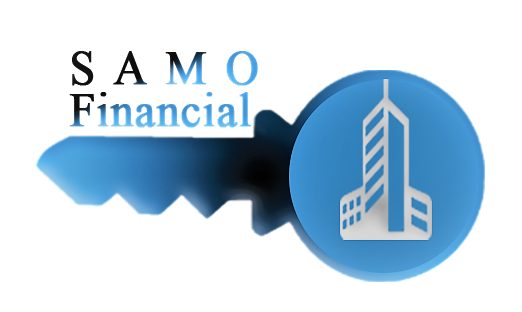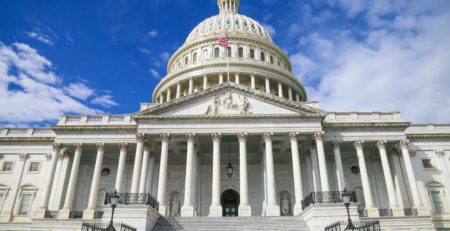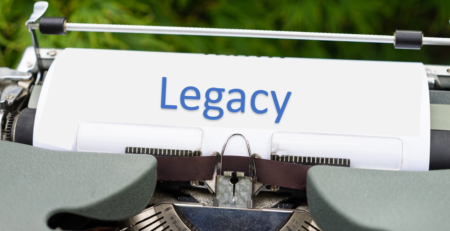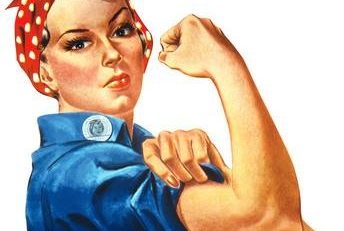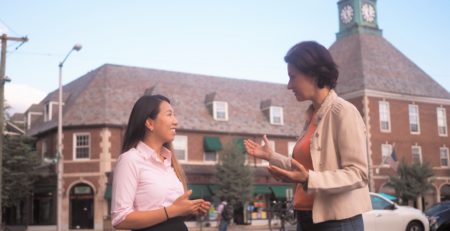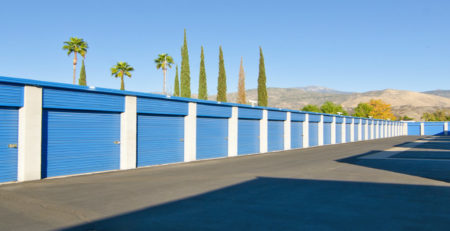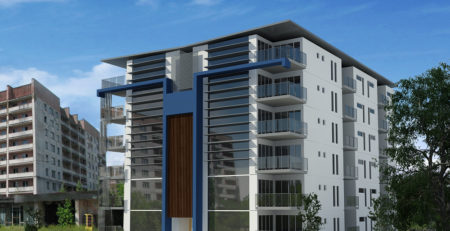Pros and Cons of Investing in Mobile Home Parks
Alina Trigub2020-12-26T20:30:16+00:00Interest in mobile home parks (MHP) has grown over the last few years. Since they have become known as an overlooked asset class for real estate investors seeking to diversify their portfolio. Mobile home residents spend roughly 20-40% less on housing costs than those in non-mobile housing across the 100 largest US metros. As such, MHPs are a critical source of un-subsidized affordable housing in the US. According to Apartment List’s analysis of US Census Bureau data, approximately 5.6% of Americans ($20 million people) live in manufactured homes predominantly in the south and southwest parts of the country. Below are some of the pros and cons of MHP investing.
Pros of Investing in the Mobile Home Parks
- Lower Cost per Unit
The mobile home park business model differs from that of traditional stick-built housing in one key aspect: mobile homes are often owner-occupied while the land and access to utilities are rented from a landlord. Because the ownership of mobile home parks is generally limited to ownership of the land, an investor can expect to pay much less per lot compared to the cost of a stick-built home which can easily surpass $100,000 per unit depending on the local market. Within all tenant-owned mobile homes, around 80% of residents own their mobile homes (or lease them from a third party) and only pay rent on their lots. The other 20% of residents purchase a used trailer from the park owner and pay rent on their home as well as on the lot. The park owner is only responsible for expenses such as property taxes and insurance on the value of the land. Each mobile home owner pays their own property taxes and home insurance, as well as utility bills, while the mobile home park owner only pays for the common areas.
- Lower Maintenance Costs
When mobile homes are owned by a tenant, the park owner is not responsible for maintaining them. A leaky roof or running toilet becomes the tenant’s responsibility to repair. A mobile park owner is generally only responsible to maintain utility connections, roads, and any communal spaces on the property. This is a significant benefit resulting in lower operating costs and higher profits.
- High Tenant Demand and “Mom and Pop” ownership
Due to the real estate industry’s historically low interest in this asset class in the past, only one in five of the approximately 50,000 mobile home parks across the US is professionally managed. The vast majority are owned by “mom and pop” managers—many of whom are now reaching retirement age. This creates a unique opportunity for investors to buy direct from retiring owners often without the involvement of a bank.
In addition, the existing supply of mobile home parks is diminishing which drives a higher tenants’ demand for the product. Existing mobile home parks are closing at a rate of 1% each year, and restrictive zoning laws make it difficult to build new parks anywhere in the country. As the supply of mobile homes decreases, the value of existing parks increases over time. Furthermore, due to their rock bottom affordability, mobile homes are a recession-resistant investment. There will always been a need for this type of housing product, especially during a market downturn.
- Home-ownership
Mobile home park investors also benefit from their tenants’ sense of pride in the upkeep of their homes. In contrast to renters of multifamily units, when mobile home residents hold full ownership of their property, this often drives a sense of community. Mobile home park investors also experience less turnover than typical multifamily landlords. This is primarily due to the expense and complexity of moving a mobile home which can range from $3,000 to $10,000 depending on the size and location as well as the often-stringent local regulations which may prohibit moving them on the highways.
- Privacy
As compared to a multifamily building where residents have shared party walls, mobile homes offer a greater level of privacy and space for entertaining without fear of disturbing the neighbors.
Cons of Investing in the Mobile Home Parks
- Sewage Infrastructure
Mobile home park sewage infrastructure comes in two flavors: public services managed by the city or a private septic system. If a park comes with a private septic system, the park owner is responsible for maintenance and repairs which can be costly and unpleasant. For example, when the sewage tank is full, the owner must have it emptied. Leaks into the ground or backups into the homes are also common problems that can lead to health threats if not resolved quickly. A private septic system is a major concern for most investors due to the increased responsibility and risk involved.
- Park-Owned Homes
Some investors choose to rent the mobile homes to tenants as well. Brand new homes can depreciate quickly and involve additional upfront set-up costs. Furthermore, the maintenance for these homes can grow exponentially over time. As they age, more effort is required to keep them functional, and tenants can be less incentivized to treat them with care than if they owned them outright. In colder climates, the above ground plumbing must be protected to ensure it does not freeze in the winter. Roof and siding issues, leveling issues, and HVAC issues are all the responsibility of the landlord to resolve in this scenario. As discussed in the pros section above, it is in the best interest of the park owner to require the tenants to secure and maintain their own homes – both from a long-term maintenance perspective as well as to minimize tenant turnover.
- Stigma
The stereotype of people who live in “trailers” is unfortunate but should not be entirely disregarded. Many residents live below the poverty line and can have trouble making ends meet. This can be challenging for landlords looking for timely rent payments. Additionally, many cities and townships across the US are not open to the idea of building new mobile home parks in their vicinity in order to limit the proximity of these types of communities. While it can be tempting to succumb to the “not in my back yard” mentality, it’s critical to keep in mind that affordable housing is a basic human right.
- Location
Successful mobile home parks are located outside of larger cities where the cost of living is high creating demand for affordable accommodations. Investing in a market where the cost of living is low or the job growth is declining may not yield the occupancy an investor desires.
- Less Appreciation
Unlike many other asset classes, mobile home parks don’t appreciate much in value over time. The main exception to this is when an owner forces appreciation by upgrading the property with better infrastructure, landscaping, signage, or amenity spaces.
- Financing
There are many creative options for financing of mobile home parks. Seller financing, as mentioned in the pros above, often offers the most favorable terms to an investor such as low-down payments, interest only payments in the early years, and no credit checks. When seller financing is not feasible, sometimes a loan from a private lender can be arranged. Alternatively, a traditional mortgage may potentially be secured from a local bank who is familiar with the area. Large national banks are not usually interested in MHP investments unless the loan is over $1M.
In summary, Mobile Home Parks investing has its pros and cons. It is up to an individual investor to decide whether this type of asset class is a viable choice for them as well as whether they have a need to diversify their portfolio.
This article is written in collaboration with Krista Kennedy.
